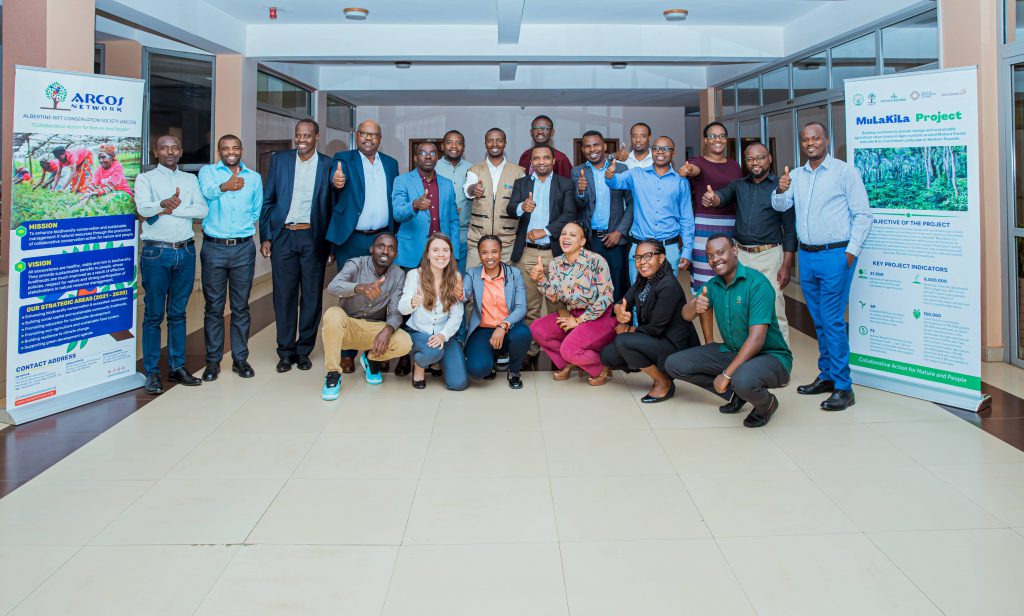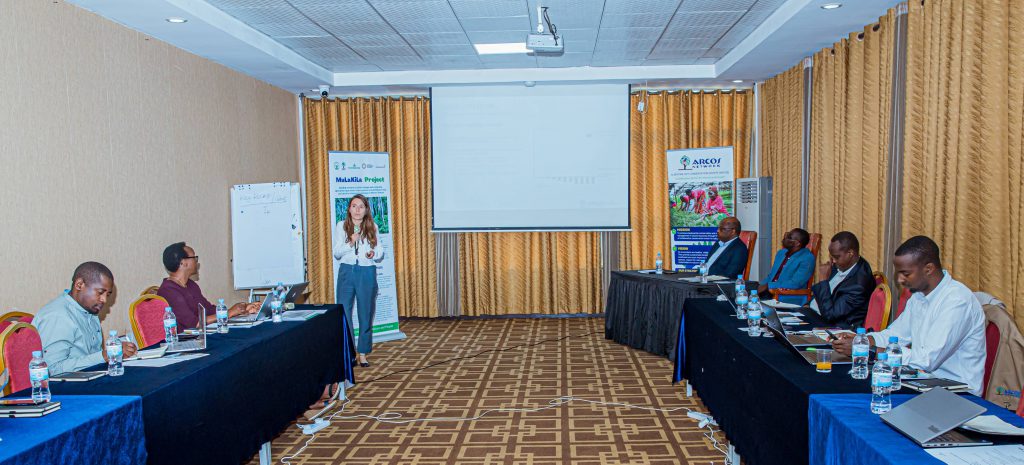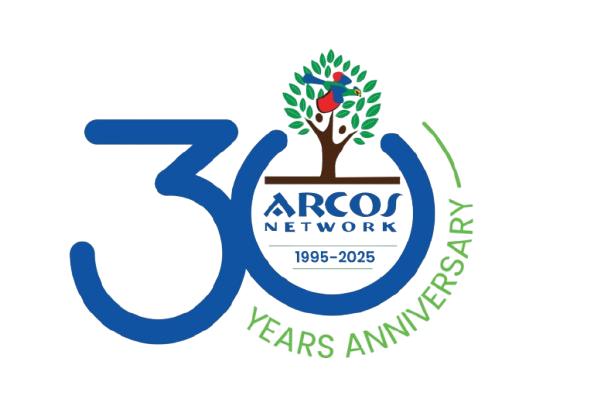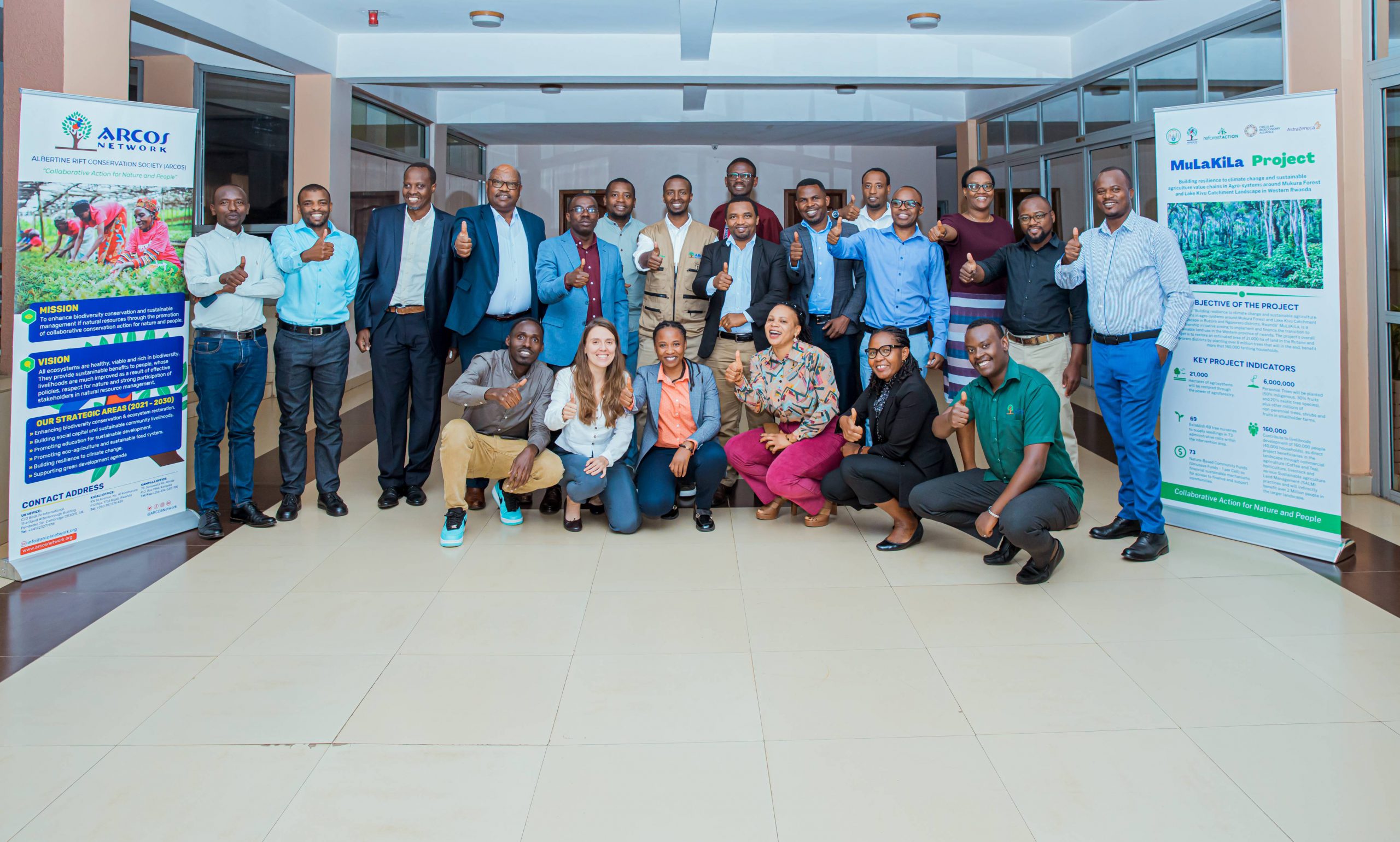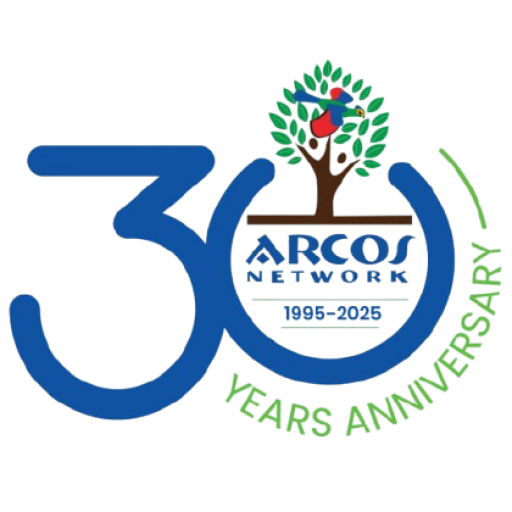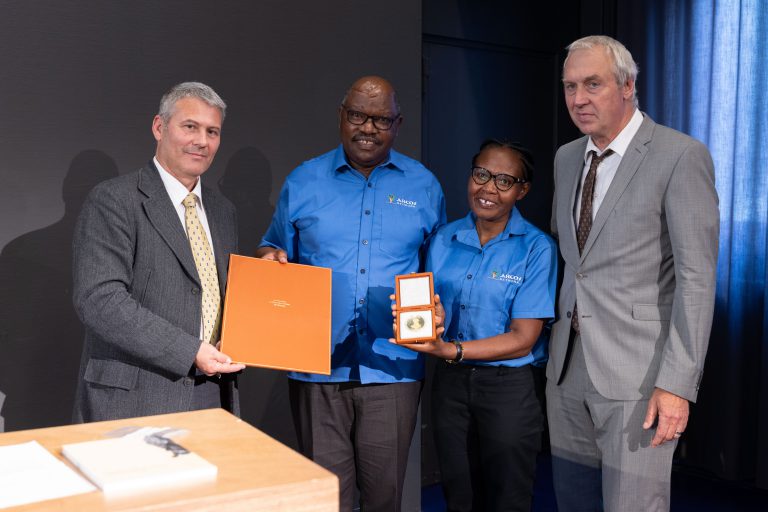August 6, 2024 – Kigali, Rwanda, Watch Highlight
All organisms interact with their environment, and so does humanity. The humanity demographic growth and the expansion of the power of technology have drastically increased the degradation intensity of natural ecosystems. Most ecosystems are dominated by destructive anthropogenic activities, and no ecosystem is free of prevalent human influence, including the Gishwati-Mukura Forest catchment landscape. The Gishwati-Mukura Forest catchment landscape is in a biodiversity-rich region, in the Congo-Nile Divide of the Albertine Rift Region, with exceptionally high species endemism, especially, in its mountains. These mountains and their biodiversity are caught between a rock and hard place because of deleterious human activities and climate change. Fortunately, a symphony of sustainability is blossoming in these charming mountains of the western province of Rwanda thanks to the MuLaKiLa Project.
The MuLaKiLa Project is a 30-year carbon project that was officially launched on March 23rd, 2023, to restore 21,000 hectares (ha) of degraded arable land and improve the livelihoods of 160,000 smallholder farmers in Ngororero and Rutsiro districts. The 21,000 ha will be restored, in partnership between ARCOS, Government of Rwanda, and Reforest’Action, under the investment by AstraZeneca, by planting six million carbon-trees, dominated by native tree species, and millions of shrubs and establishing terraces on 10,000 ha. The lives of local communities will be improved through the creation of thousands of jobs, development of value chains of timber, fruits, and shaded coffee and tea, financial support of their micro-projects through the Umusave Fund (Nature-based Community Fund), and training on sustainable agriculture, leadership, and financial literacy, among others. A project of this caliber, the MuLaKiLa Project has opted for a participatory approach from the project design to implementation by all stakeholders, where comes in the need for the consultation meetings of all stakeholders.
The Stakeholders Consultation Meetings gathered a wide range of stakeholders, including farmers, local leaders, security organs, and NGOs from 460 villages, 73 cells, 14 sectors, and two districts covered by the MuLaKiLa Project. The project implementers, ARCOS, and Reforest’Action, had six objectives to organize these consultation meetings: (1) to inform stakeholders about the MuLaKiLa Project beyond the preliminary consultation held in 2023, (2) to gather inputs and feedback from stakeholders to improve the project design and implementation, (3) to ensure transparency and build trust among stakeholders, (4) to identify and mitigate potential conflicts or adverse impacts by the project, (5) to forest a sense of ownership and ensure long-term sustainability of the project, and (6) to launch the grievance management mechanism.
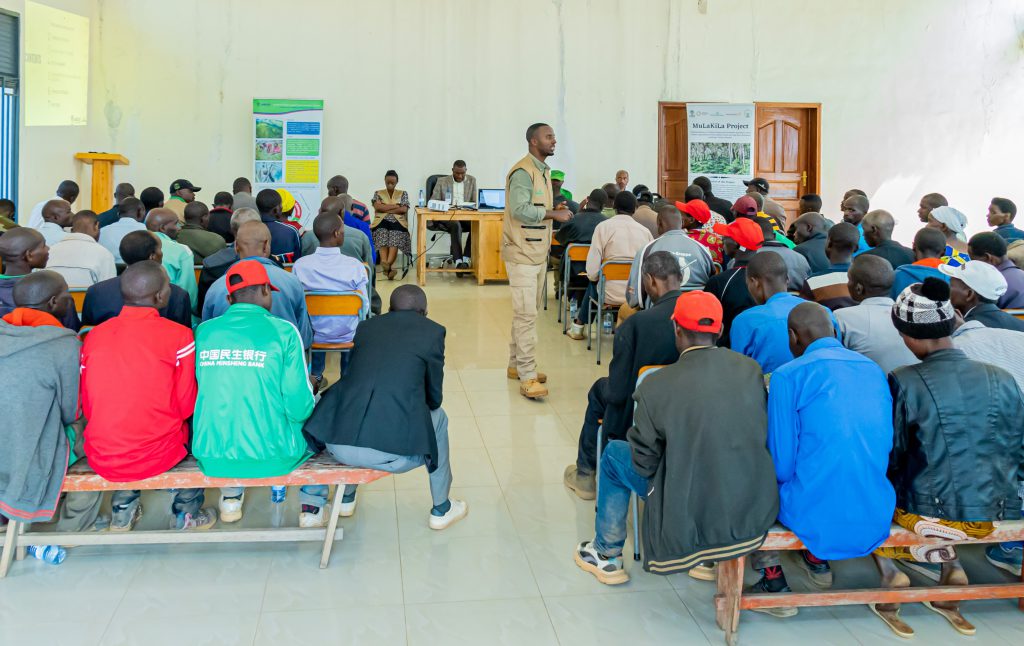
The national level stakeholders’ consultation meeting of the MuLaKiLa Project was held at Lemigo Hotel, on August 6th, 2024, bringing together key stakeholders to discuss the ongoing implementation of this carbon project. Dr. Sam Kanyamibwa, CEO of ARCOS, opened the meeting by emphasizing the crucial role of stakeholders’ engagement in the project’s success. “This meeting is part of a long process of consultations at various levels, from the village to the national level, essential for ensuring the project’s success through active stakeholder ownership,” he said. The project, in collaboration with various stakeholders, is focused on building resilience to climate change and improving social-ecological aspects.
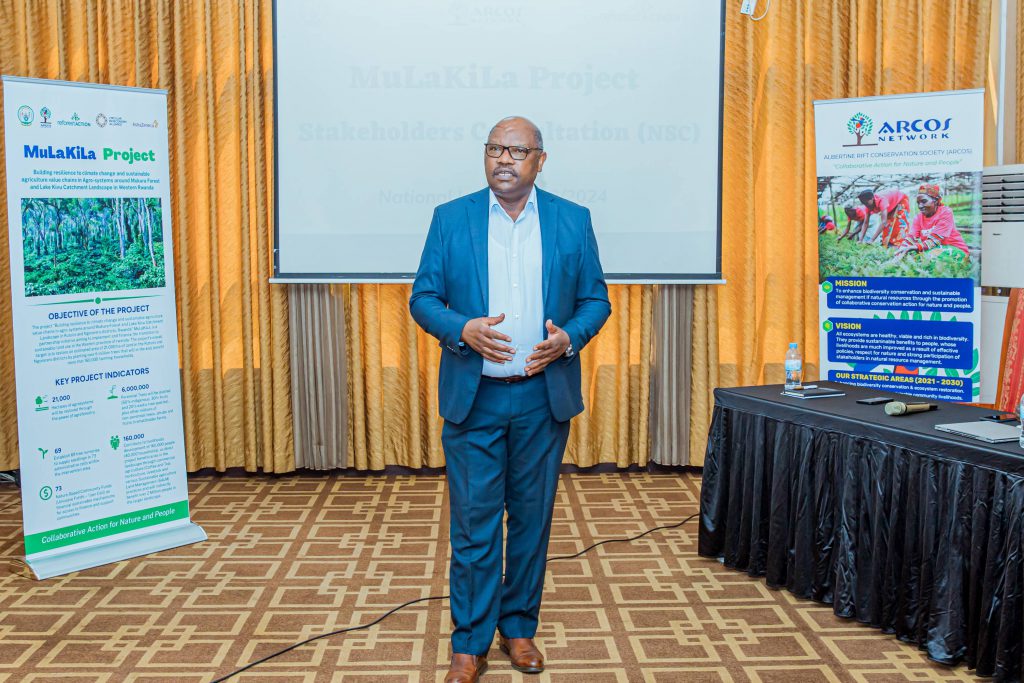
The Guest of Honour, Philippe Kwitonda, Director General in charge of land, water, and forestry in the Ministry of Environment, praised the project’s alignment with Rwanda’s environmental goals. He noted that it significantly contributes to the Ministry’s efforts to restore 2 million hectares of degraded land and highlighted the need for ongoing collaboration to expand the project’s reach.
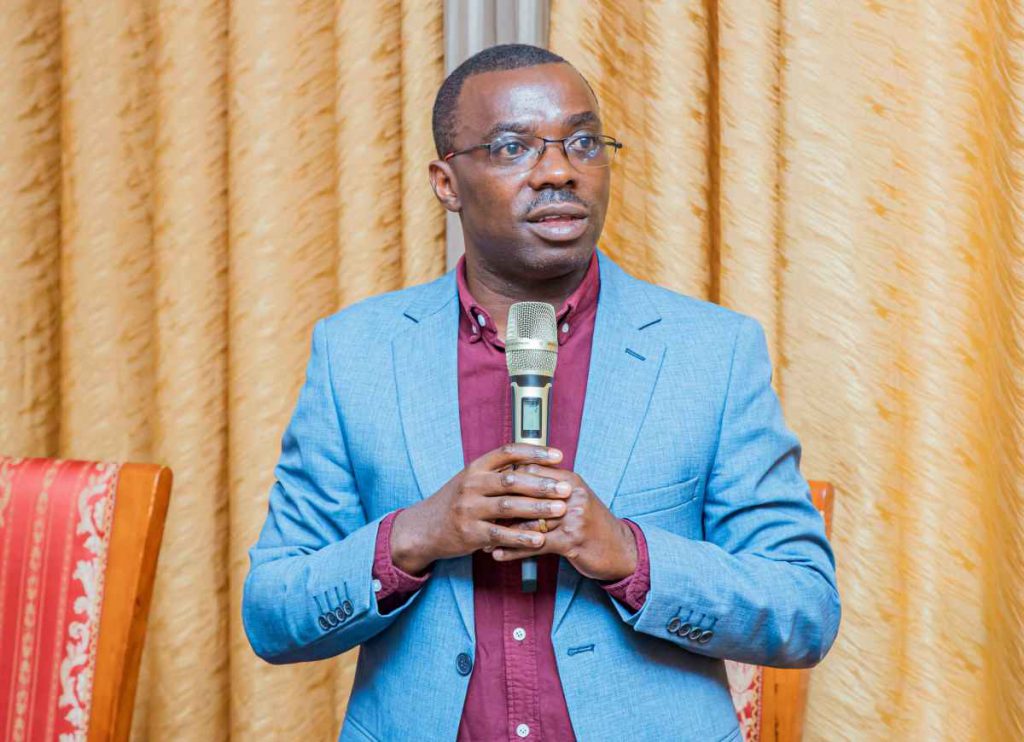
The meeting featured a detailed presentation on the project’s carbon certification process, focusing on the conversion of sequestered carbon into tradable credits. Stakeholders provided valuable feedback, emphasizing the importance of early warning systems for landslide monitoring, advanced technical manuals on sustainable practices, and the expansion of Payment for Ecosystem Services (PES) initiatives.
Stakeholders’ feedback during the meeting highlighted several critical areas, including the importance of early warning systems for landslide monitoring, the need for advanced technical manuals on sustainable practices, and the potential for expanding Payment for Ecosystem Services (PES) initiatives. There was also significant discussion on data management compliance, environmental risk mitigation, and the integration of Geographic Information System (GIS) tools.
In his closing remarks, Dr. Kanyamibwa expressed gratitude for the collaborative efforts that have driven the project forward, while Philippe Kwitonda underscored the need for transparency and robust monitoring systems to track progress. The meeting marked a pivotal step in ensuring the MuLaKiLa Project remains aligned with local needs and global environmental standards. With strong partnerships and active stakeholder engagement, the project is poised to make a significant impact on Rwanda’s environmental and economic landscape. In 30 days from the date of the national level meeting, project implementers will publish a feedback report to ensure that the voices of all stakeholders are heard and, where possible, their ideas included in the project execution.
